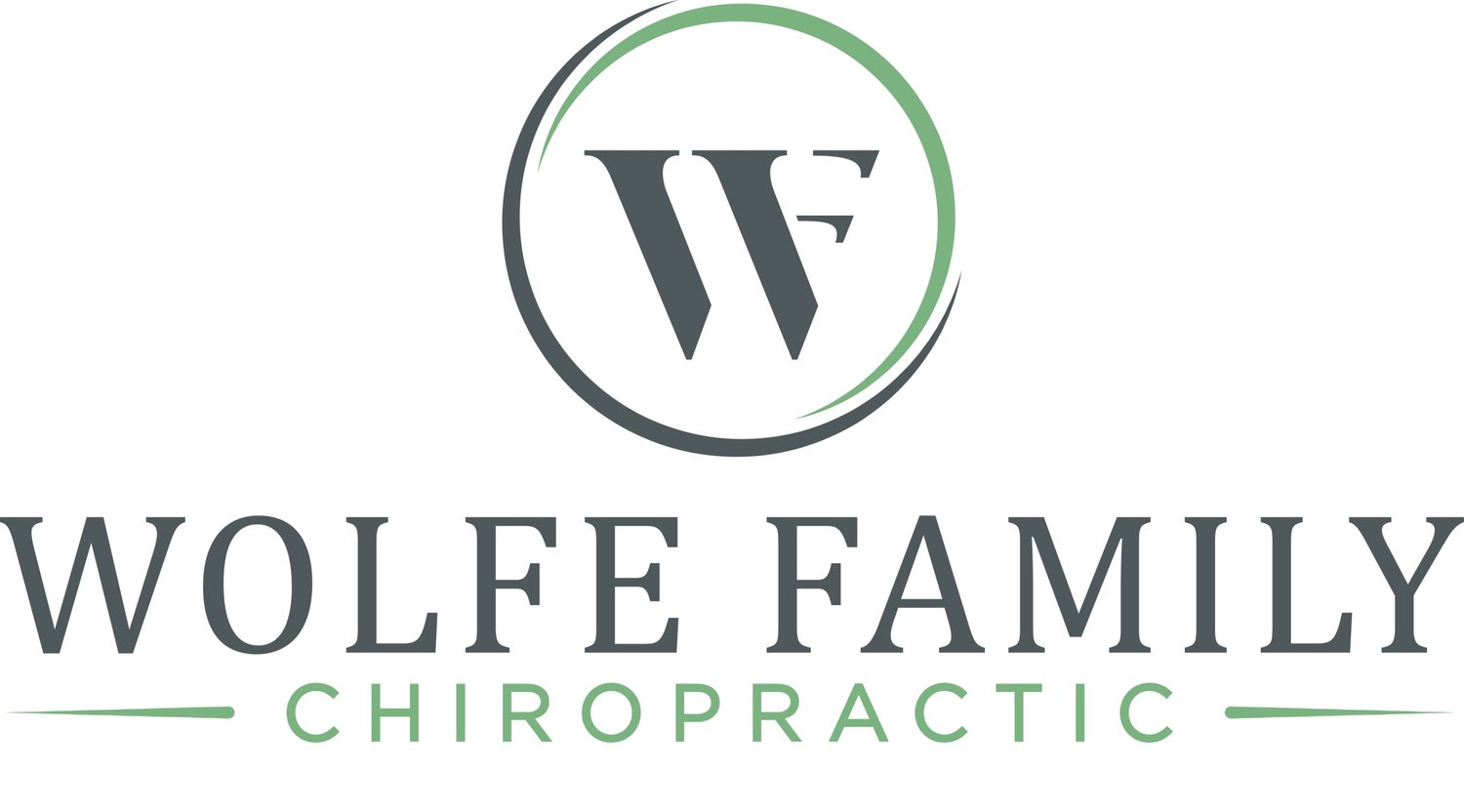You've likely heard that chiropractic care can be an integral part of preventing injury and improving function as you participate in athletic activities and day-to-day life. While chiropractic care is indeed a valuable asset in injury recovery, it goes beyond addressing the aches and pains associated with muscle and joint discomfort. As an upper cervical chiropractor, I am uniquely positioned to assist patients with acute and chronic symptoms related to concussions.
Concussion trauma is often perceived as an injury limited to the brain following head trauma. While this is largely accurate, concussive forces can also have a significant impact on the neck. Retained changes to the neck can delay recovery from a concussion and lead to long-term symptoms.
Understanding Post-Concussion Syndrome
Post-concussion syndrome is characterized by retained concussion symptoms beyond the typical healing period associated with normal concussion recovery. This condition encompasses a range of symptoms, including headaches, dizziness, cognitive difficulties, mood changes, and sleep disturbances. Oftentimes, patients dealing with post-concussion symptoms will express that they "just haven't felt the same since the injury." For some student athletes, academic pursuits may become uncharacteristically challenging. Post-concussion syndrome can significantly impact one's quality of life, and regrettably, treatment options are often not fully explored.
The Unique Approach of Upper Cervical Chiropractic Care
Upper cervical chiropractic care offers a specialized approach to addressing post-concussion syndrome. Here's how it can make a difference:
1. Targeted Assessment: Upper cervical chiropractors perform a thorough assessment and x rays to determine if there is a misalignment in the upper neck, specifically in the atlas (C1) and axis (C2) vertebrae. Misalignments in this area can affect the function of the brainstem region, potentially contributing to post-concussion symptoms.
2. Precise Adjustments: If a misalignment is detected, upper cervical chiropractors employ gentle and precise adjustments to correct it. These adjustments are non-invasive and tailored to the individual's unique needs.
3. Reducing Pressure: When the upper neck is misaligned, it can create pressure on the brainstem, disrupt fluid movement into and out of the skull, and create significant tension in the base of the head and neck. These factors may exacerbate post-concussion symptoms. Upper cervical adjustments aim to relieve these pressures, allowing the body's innate healing abilities to work more effectively.
4. Restoring Nervous System Function: By realigning the upper cervical spine, upper cervical chiropractic care helps restore optimal communication between the brain and the rest of the body. This can lead to improvements in various post-concussion symptoms, including balance issues, dizziness, vision problems, and cognitive function.
5. Holistic Approach: Upper cervical chiropractic care is part of a holistic approach to wellness. It considers not only the physical aspects of post-concussion syndrome but also the individual's overall health, lifestyle, and well-being. Nutritional and lifestyle recommendations are often provided to enhance the speed and quality of recovery.
6. Individualized Treatment: Each patient's needs and experiences with post-concussion syndrome are unique. Upper cervical chiropractic care provides individualized treatment plans tailored to the specific circumstances of the patient.
In addition to offering a unique approach to working with post-concussion syndrome, I pride myself in collaborating effectively with other healthcare professionals. If you or someone you know is struggling with post-concussion syndrome, it's advisable to consult an upper cervical chiropractor who specializes in this area.
Our first approach to health should always be proactive, increasing our resilience against trauma, but when life takes you by surprise, we can help! At Wolfe Family Chiropractic, we are here to support you on your journey to health and well-being.


